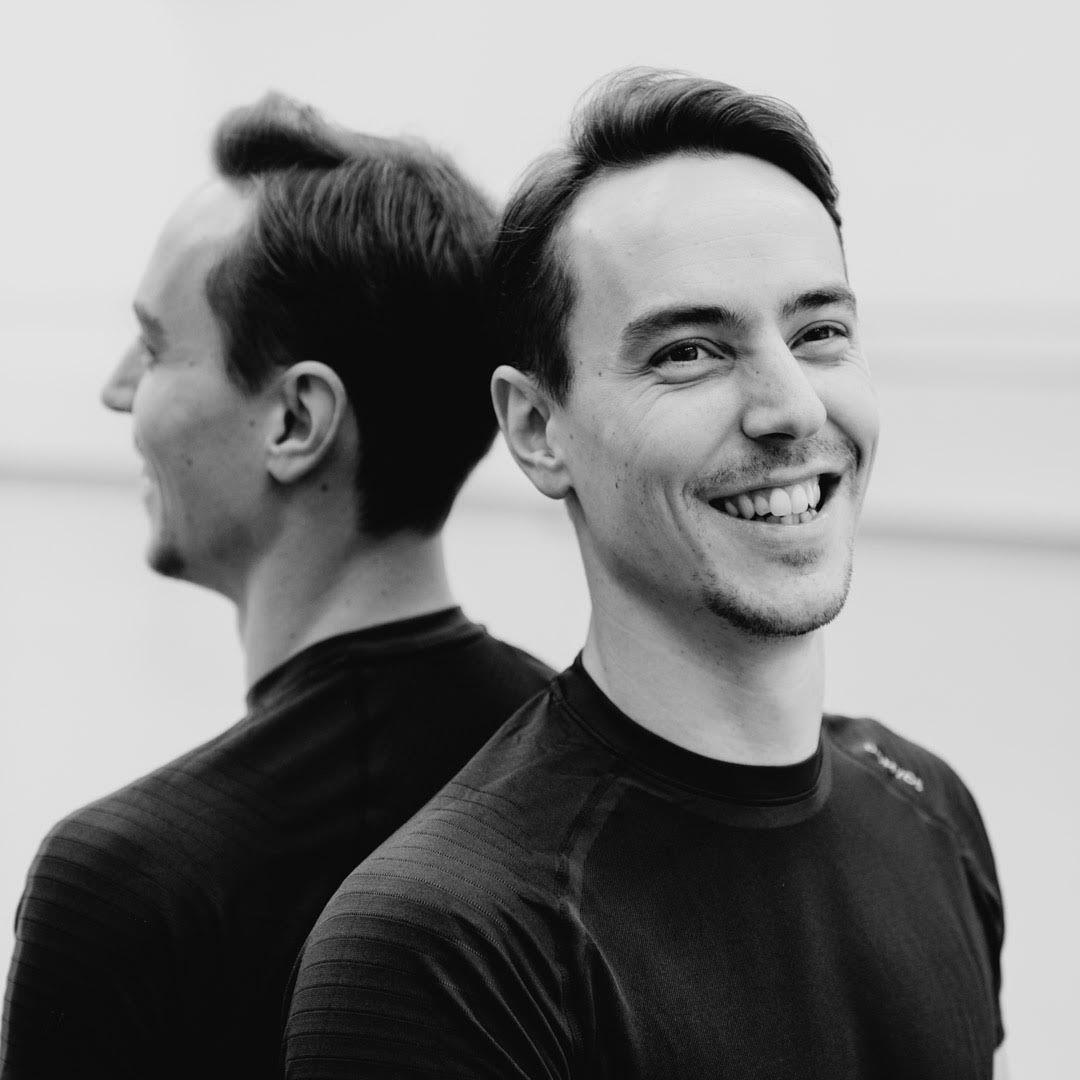
Daniel you have been dancing at the Zürich Operahouse for almost 15 years now? Looking back at this rich career, how would you describe that time now?
It has been a wonderful experience for me and gave me so much room to grow as both a person and artist. I am mostly grateful for all of the wonderful people I met and friends I made along the way. Of course, there were also ups and downs, some injuries and more difficult times. The life of a dancer is not easy and you spend a lot of time feeling tired and worn out. But looking back now, I am extremely grateful to have been a part of this profession and I hold on to some very dear memories of the whole experience.
You recently had your last performance with Nijinski and The Cellist. How does that feel for you?
It felt slightly surreal, almost like an outer body experience. And now I am asking myself, was it a good show, did it actually go well?! But I was very fortunate to have many friends and members of my family there, so I couldn’t ask for a more perfect way to finish my career. I feel very lucky.
How would you describe your last days at Zurich Opera House?
Busy and tiring but also very fulfilling. I also have the sensation that I am ready to move on and say goodbye to the every day professional life.
Were you able to prepare for the time after the last performance? If so, how?
In a professional sense, I tried to prepare for the future by completing the Professional Dancers‘ Postgraduate Teaching Certificate from the Royal Academy of Dance in 2022. I received financial support with this retraining from the SSUDK which really helped me. In terms of my personal preparation, I just try my best each day to stay present and focused on the task at hand. I am looking forward to a period of relaxation in order to decompress from my professional life for a little moment.
What are your future goals? Where is life leading you?
I am trying to move into teaching both in schools and companies and hopefully also staging pieces for different choreographers that I have worked with. I am open to other projects too and willing to try new things to force me a little out of my comfort zone. It feels scary but exciting at the same time.
How long have you known the Transition-Center SSUDK and what is your motivation to become a Transition-Center SSUDK Ambassador?
I don‘t remember the exact number of years but I have probably known the SSUDK since it‘s inception. My motivation to become Ambassador comes from the fact that the SSUDK has been very supportive to me and I would like to see it grow more and more in order to support more artists. I also hope I can offer advice and counseling to dancers who need it. Perhaps my story can help them in some way. We all have different goals and ideas for our transitions, but as dancers we have many worries and anxieties about the future which we all share in common.
Where do you see your greatest contribution as an Ambassador?
Hopefully as a communicator and a connector. I would like to support the growth of the SSUDK and encourage more communication between dancers and companies throughout Switzerland.
Das Interview führte Monika Gugganig
